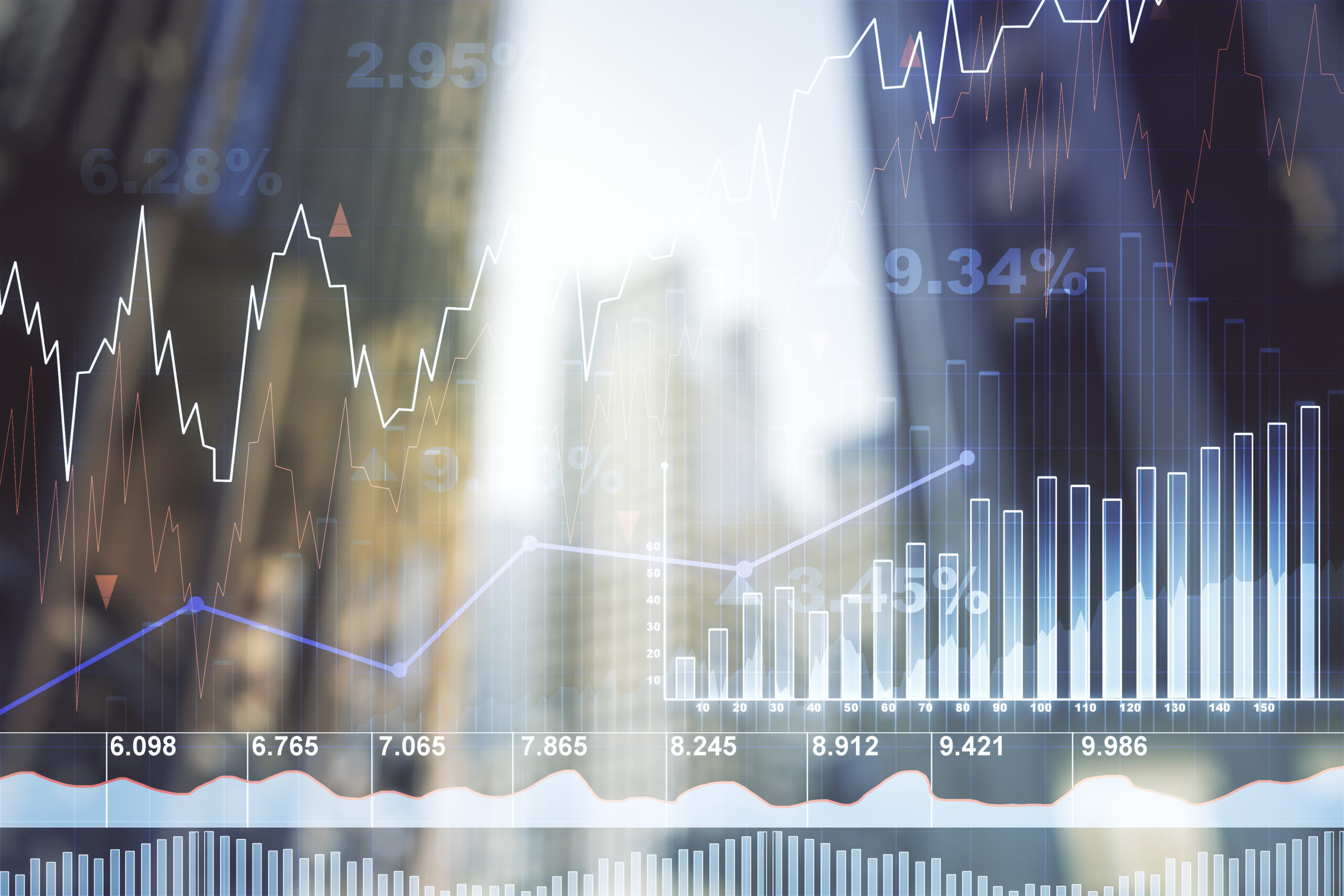The True Scope of Vaccine Passports
By: Adam Messinger & Brendan O'Reilly After a year of shutdowns, restrictions, and isolation, there is no denying that the level of travel demand, both domestically and internationally, is at an unprecedented high. Individuals of all age groups are itching to escape to destinations far and wide, with 82 percent…








